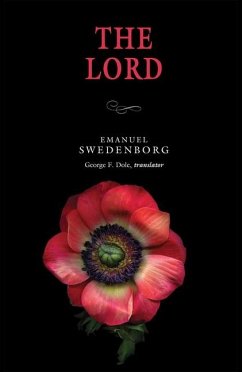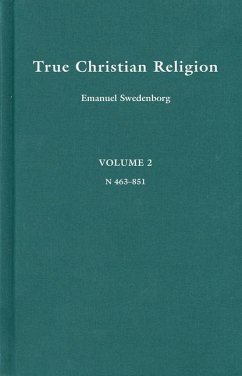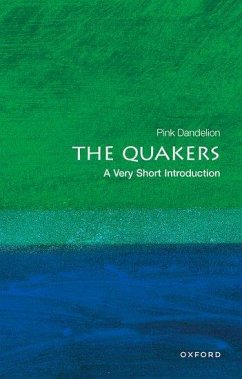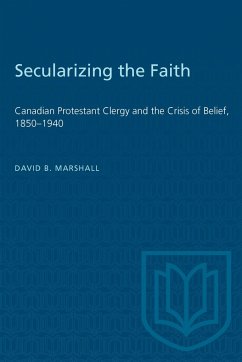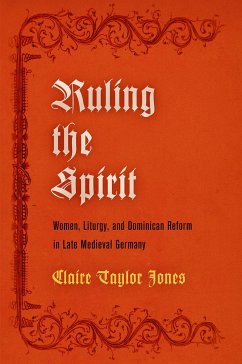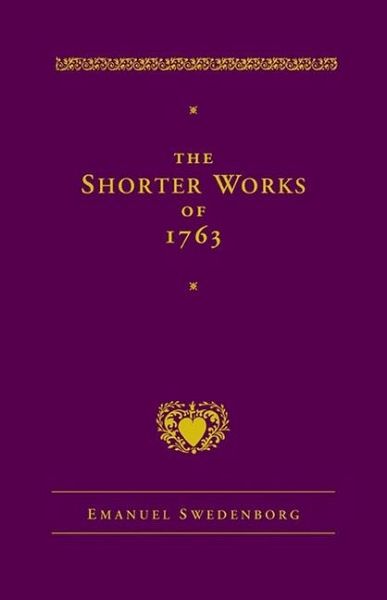
The Shorter Works of 1763
The Lord Sacred Scripture Life Faith Supplements
Übersetzer: Dole, George F
Versandkostenfrei!
Versandfertig in über 4 Wochen
27,99 €
inkl. MwSt.

PAYBACK Punkte
14 °P sammeln!
The four main short works in this volume by Swedish theologian Emanuel Swedenborg (1688-1772) form the basic foundation of his thought. They have commonly been published together in other editions under the collective title "The Four Doctrines." The Lord discusses the nature of the man known as Jesus Christ, his divine nature, and the meaning of his crucifixion. Sacred Scripture is about the Word, by which Swedenborg means the parts of the Bible that he feels reflect a deep spiritual teaching. Life discusses how we ought to live a religious life. Faith talks about faith as an acknowledgment of...
The four main short works in this volume by Swedish theologian Emanuel Swedenborg (1688-1772) form the basic foundation of his thought. They have commonly been published together in other editions under the collective title "The Four Doctrines." The Lord discusses the nature of the man known as Jesus Christ, his divine nature, and the meaning of his crucifixion. Sacred Scripture is about the Word, by which Swedenborg means the parts of the Bible that he feels reflect a deep spiritual teaching. Life discusses how we ought to live a religious life. Faith talks about faith as an acknowledgment of inner truth and the necessity of expressing such faith through good actions rather than simply holding beliefs. In addition to these short works, the volume includes a fifth work, which consists of two supplements to previous works by Swedenborg: a brief addition to Last Judgment and a longer addition to Heaven and Hell.




